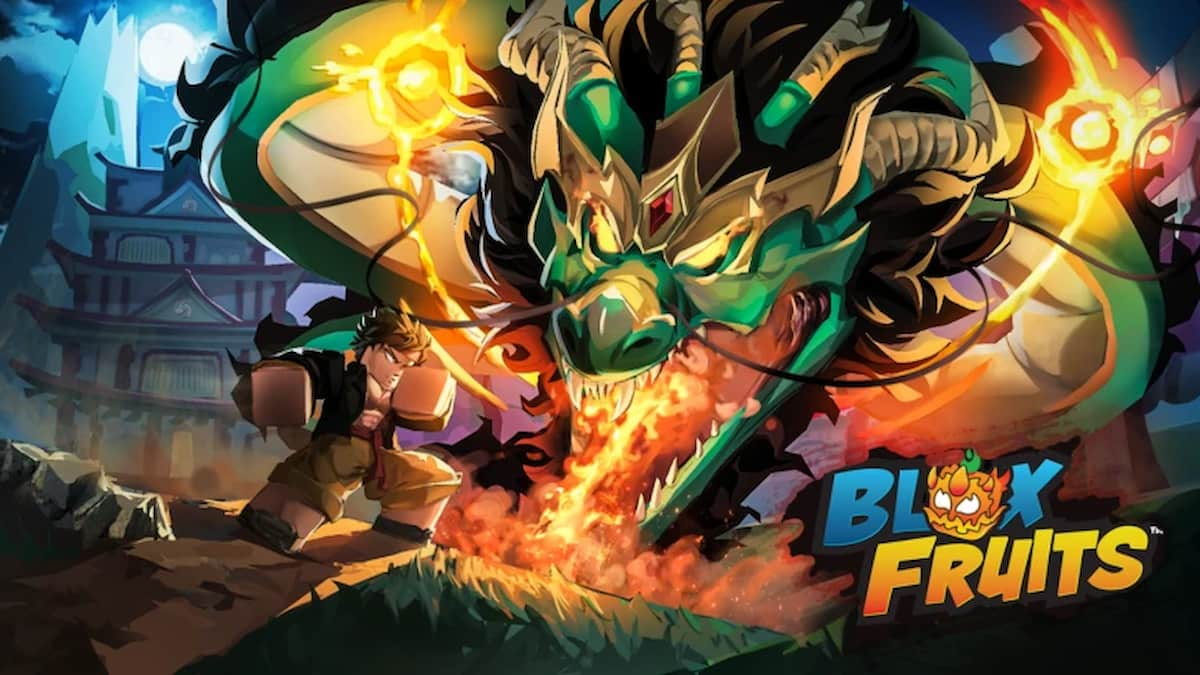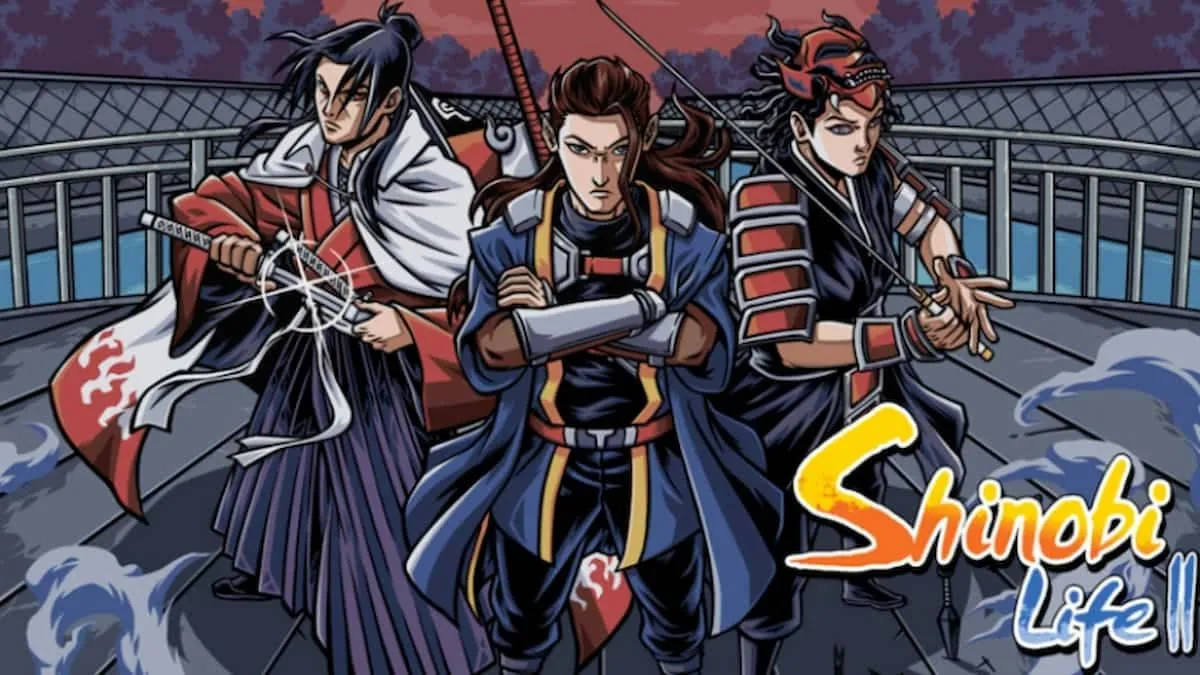Writing the news isn’t particularly difficult, but it does take practice and discipline. While the label of ‘journalist’ can seem like a lofty title, you can write effective news without much fuss if you follow the guidelines and advice below. (And GameSkinny is a GREAT place to start practicing games journalism.)
A news article, in its most essential form, is a vehicle for information to get from A to B. You are A, your reader is B. When writing the news, your duty is always to inform the reader as best you can in the most effective, efficient, and engaging way possible.
One of the quickest ways to get information across is to focus on the essentials first, the details second.
Your reader must know six things, quickly:
Who? What? Where? When? Why? How?
I can see you nodding right now, “yes, yes, of course, duh.” But these basics are nothing to scoff at; drill them into your brain.
An effective news story has a succinct answer to each of those six questions, usually within the first two paragraphs. Don’t hesitate to flex your writing chops and answer more than one of these in a single sentence.
Let’s look at an example: a popular game developer is Kickstarting a spiritual successor to a beloved, old franchise.
- Who is the developer? The team? The characters?
- What is the game about? What has the developer made in the past? What is the goal?
- Where does the game take place? Where is the team located?
- When will the Kickstarter start? End? When is the game anticipated?
- Why Kickstarter? Why now?
- How is the campaign going? How is this all being received?
Use the inverted pyramid of news: critical info first, the rest follows

Source: LitReactor
The ‘base’ of the pyramid puts the most relevant information first. If your reader only has time to read the first two paragraphs, you’ve still got them covered.
Assume that the story might get cut off at any point or the reader will quickly scan to find the info they need and leave. Not only is providing critical information first good practice online, but also in print, where word counts and physical space are so important and an editor might have to cut down a story to size.
As you move into the middle, you’ll have the opportunity for quotes, comments, additional information, background, and other useful tidbits necessary to flesh out the story.
Towards the end, you’ll wrap up and provide final details, links to other relevant on-site articles, and the necessary off-site links.
News is for people and about people
Don’t just think about who the big names are, but also consider who is affected by this news. Who are they and what are their reactions? How do people feel about the news? If someone is reading, consider that they likely have a personal investment or interest in the story.
Use quotes and name names; give a human element for the reader to connect to.

Keep the human element in mind. Your readers are *typically* humans, after all.
Be accurate, concise, and readable
It should come as no surprise: you need to fact check your work and make sure your sentences are grammatically correct and reader-friendly. We’re not talking about any old readers; we’re talking about internet-savvy, Reddit-using, social media-fueled commenters who expect top-quality writing.
Tell your reader what they need to know and keep your sentences and paragraphs short. Don’t go overboard with descriptive words, and don’t talk about things that are unnecessary. Take a proofreading axe to your words once you finish writing, and make sure the information is articulate and easy to digest.
Accuracy also means accurate capitalization and italics. BioWare, not Bioware. PlayStation, not Playstation. World of Warcraft, not World of Warcraft.
If you’re the not first to break the news, you need an angle

If you don’t say something different, your work will fade into the crowd.
You will not be the one breaking the news most of the time, that’s a fact of the digital journalism industry. These days, people can get the news just about anywhere: Twitter, Facebook, Reddit, blogs, public press releases, and so on. You need to provide something a little extra if you want to engage readers.
Have an angle, use your voice and tone, be inquisitive, and consider approaching the news in a way that isn’t in the limelight yet.
Don’t just write: “PS4’s early sales outperform Xbox One’s sales”
By the time you write this headline, there are already a hundred other articles with this same headline. Why would someone click on your version rather than IGN’s or Polygon’s articles that say the same thing? If you want people to stop and read what you have to say, you’re going to have to do more than regurgitate the news. You’re going to have to stick out, and you’re going to have to say something new.
Develop your angle, consider a perspective:
- “PS4’s early sales lead might be all smoke and mirrors”
- “PS4 launch sales shoot ahead, but with no exclusive games in sight”
- “Xbox One developers worry about PS4’s strong early sales lead”
- “PS4 is winning the console war, according to massive sales lead”
Here are four different ways to interpret that same news. Instead of yet another regurgitated version of a PS4 press release, these headlines offer something new that required a little critical thinking. A good angle is not necessarily an opinion, but it does require considering a perspective.
Anyone can write a bland news piece quickly, but a journalist needs to do more than that. As a journalist, it is up to you think critically about perspective, use your brain, and come up a version of the news that appeals to and resonates with readers.
—
Action Item: Write a piece of news that satisfies who/what/where/when/why/how in the first two paragraphs, uses the inverted pyramid style, and has a fresh angle.
We invite you to try your hand at games journalism by writing here on GameSkinny, where our editorial staff is happy to review your work.







Published: Jun 10, 2015 08:45 am